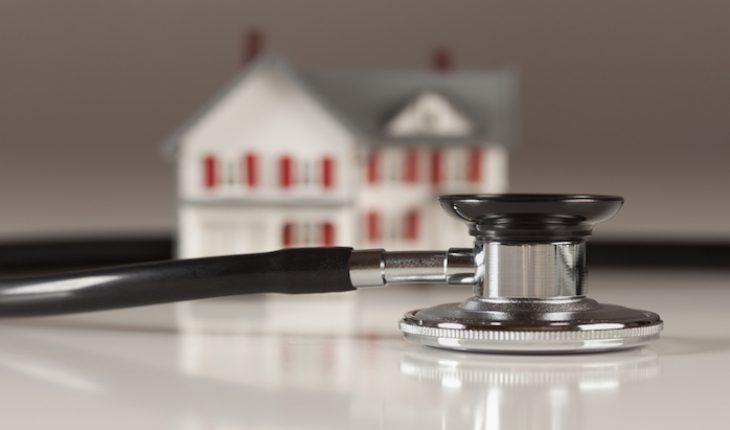When I was offered the job as the TV doctor on BBC One’s Doctor in the House series, I was initially torn. As a GP practising in a busy clinic, I take patient care very seriously. It did occur to me that talking to patients live on camera and discussing their health problems could break some of the key covenants we make as doctors – to retain patient confidentiality and ‘do no harm’. I remember talking it through with my wife and discussing whether I should do it. I’m passionate about public health and that’s what swayed me in the end.
I was reassured that the three-part series, which aired from November 2015 to January 2016, was being commissioned by BBC Science and everything was being done with utmost care. Would-be participants were carefully screened and evaluated and psychologically tested. The cases would be handled sensitively and there was going to be no sensationalising of problems that ranged from addiction to painkillers, menopausal symptoms and type 2 diabetes.
But if I had any doubts at the start of the series, I now have none. One of the episodes that got a huge amount of audience feedback featured a man who was struggling with back pain. When I joined him in his kitchen to go through his medicine drawer, we discovered he was taking mega doses of opioid painkillers, many prescribed by his doctors but some bought via the Internet. He was convinced that he was in control of the situation, but actually was far more in thrall to the drugs than he realised. Once seen as the solution, they were actually causing quite a lot of his problems and he gradually realised he needed to wean himself away from the pills. After the show, many people commented on social media that they were in a similar position. We managed to air a problem that is widespread in this country but rarely gets a mention.
One of the other stand-out features of Doctor in the House is that I live with families for weeks at a time. This gave me tremendous insights and allowed me to diagnose complex problems, but it also tested my ability to stay impartial and objective. In fact, I have to admit that I was emotionally involved with all the cases studies. As a doctor, this is a double-edged sword. Yes, I learned more about my patients than I ever could in swift 10-minute appointments, but then I did find it harder to deliver difficult decisions.
The TV format was definitely an artificial construction, but it worked both as a way to broaden the debate about important issues like sugar consumption linked to chronic ill health, mental health problems and insomnia.
Each show was watched by around four million people and, if only one percent of people made a change for the better in their health, then I helped 40,000 viewers. I feel very humbled and privileged that by becoming a TV doctor, I have been able to help so many people.
Dr Chatterjee will be opening the questions at the inaugural London Press Club/Hippocratic Post debate on Thursday 26th May at the Institute of Directors in Pall Mall, Piccadilly.
- The Sleep Revolution - 15th March 2018
- Lifestyle changes can reverse Type 2 diabetes - 9th January 2018
- Doctor in the House - 24th May 2016






